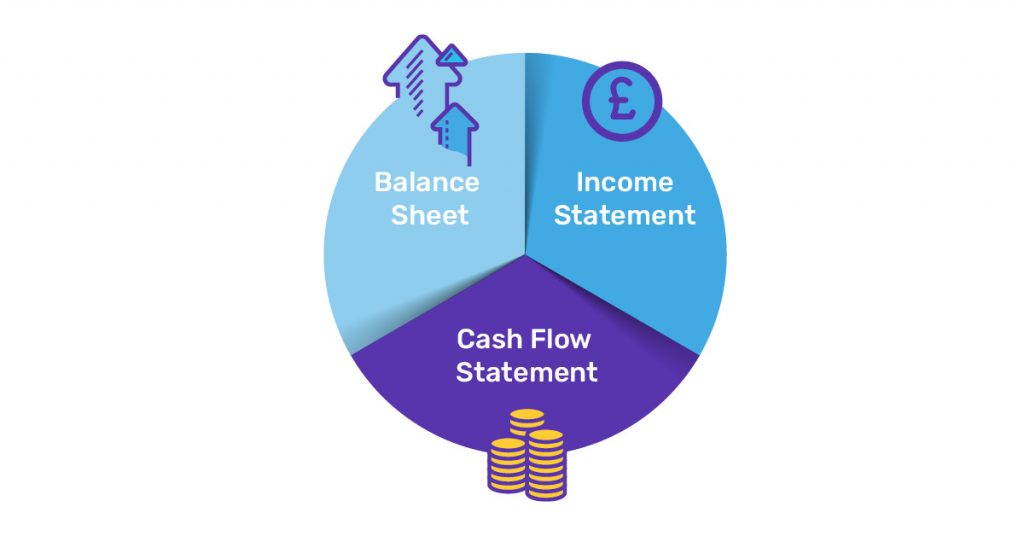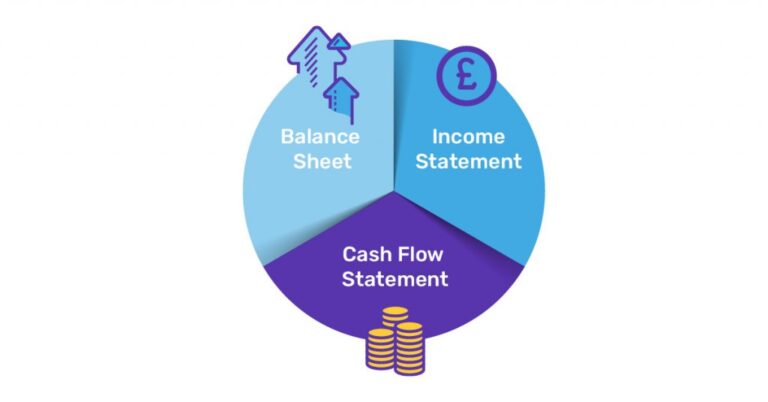Finding a skilled business advisor is crucial for the success of any startup. Advisors bring expertise, insights, and guidance, helping businesses navigate challenges and avoid common pitfalls. They offer valuable perspectives that can significantly impact growth, operations, and decision-making.
The Role of a Business Advisor

Before seeking out an advisor, it’s essential to understand their role. A business advisor provides expert guidance, helping you assess business strategies and improve operations. They often offer an external perspective highlighting areas of improvement you might not have noticed, and they bring access to networks and resources that can fuel business growth.
Types of Business Advisors
- Industry-Specific Advisors: These advisors specialise in a particular industry and provide insights into navigating the specific challenges and opportunities within that sector.
- Functional Advisors: With expertise in finance, marketing, or legal matters, functional advisors guide startups on specific aspects of business operations.
- General Advisors: Broadly experienced in business, these advisors offer well-rounded advice across various areas.
Key Traits of a Good Advisor

When selecting an advisor, it’s essential to look for certain qualities that align with your business needs:
- Experience and Expertise: An advisor with a solid background in your industry or relevant functional areas.
- Strong Communication Skills: The ability to convey feedback clearly and effectively.
- Objective Perspective: They should provide honest, unbiased insights.
- Commitment: A good advisor will invest time understanding and supporting your startup.
- Challenging Assumptions: A valuable advisor pushes you to think critically and question existing strategies.
Defining Your Goals
Before engaging an advisor, clearly define your business goals and needs. This helps ensure that your selected advisor fits your situation correctly.
- Mission and Vision: Outline the purpose of your business and its long-term aspirations.
- SWOT Analysis: Assess your company’s strengths, weaknesses, opportunities, and threats to determine where you may need help.
- Business Plan: Create a comprehensive plan outlining your strategy, market analysis, and financial projections. This will help you clearly understand where an advisor could provide value.
How to Find the Right Advisor

Finding the right advisor requires effort and due diligence. Here are some steps to help in the search process:
- Identify Specific Needs: Clearly define which business areas need advice or guidance.
- Check Credentials: Review the advisor’s qualifications, experience, and track record. Testimonials and references can provide insights into their effectiveness.
- Ask for Referrals: Reach out to your network for recommendations on advisors with proven success.
- Utilise Online Platforms: Explore online directories and professional platforms like LinkedIn to find advisors with relevant qualifications and expertise.
- Attend Industry Events: Networking events and conferences offer opportunities to meet potential advisors in person.
- Leverage Online Forums: Engage with industry professionals on forums like Reddit or Quora to seek advice and recommendations.
- Seek Thought Leaders: Follow individuals who are recognised experts in your field and consider contacting them for guidance.
Credentials and References
To ensure the advisor has a credible track record, it’s essential to:
- Check Qualifications: Review their educational background, certifications, and professional achievements.
- Assess Work History: Look into their past work and whether it aligns with your needs.
- Ask for References: Speaking with previous clients can provide valuable insights into the advisor’s work ethic and effectiveness.
- Conduct Background Checks: Ensure the advisor has a clean, professional record, free from unethical behaviour or conflicts of interest.
Personality and Communication Style

A strong working relationship with your advisor is essential for success. Make sure their personality and communication style match yours:
- Communication: Ensure they communicate in a way that complements your working style.
- Shared Values: Look for an advisor who aligns with your business’s core values.
- Compatible Personality: A good personal fit can make collaboration more effective.
- Listening Skills: Find someone who listens to your needs and tailors their advice accordingly.
- Seek Feedback: Ask others who’ve worked with the advisor about their experience.
Trial Period
A trial period allows both parties to assess whether they are a good fit. This short-term commitment can help gauge the advisor’s effectiveness and determine if they are the right long-term choice for your business.
- Low-Risk Commitment: A trial allows working together without long-term obligations.
- Assess Advisor’s Skills: It allows you to evaluate the advisor’s problem-solving abilities in real scenarios.
- Compatibility: A trial helps assess whether the advisor’s personality, communication style, and expertise fit your business needs.
Compensation Structure

Defining a clear compensation structure is essential for setting expectations. Some common approaches include:
- Hourly, Project-Based, or Retainer Fees: Choose a structure that aligns with your business’s budget and goals.
- Performance-Based Compensation: Consider tying the advisor’s compensation to your business’s success to incentivise high-quality advice.
- Equity as Compensation: Some businesses offer shares in exchange for advisory services, aligning the advisor’s interests with the company’s growth.
Conclusion
Choosing the right business advisor is one of the most crucial decisions a startup founder can make. A business advisor can significantly impact your company’s trajectory, guiding you through challenges and helping you seize opportunities. However, not all advisors are created equal, and selecting the right one requires careful consideration. To ensure your startup thrives, evaluating a potential advisor’s expertise, credentials, personality, and communication style is essential while ensuring their compensation aligns with your business goals.
Look for someone with deep industry experience or a track record of successfully guiding startups through the phases of growth you anticipate. Check their credentials, past achievements, and client testimonials to understand how they’ve helped others navigate your challenges. Someone with industry knowledge and experience in scaling, fundraising, or strategic planning can make a significant difference.












